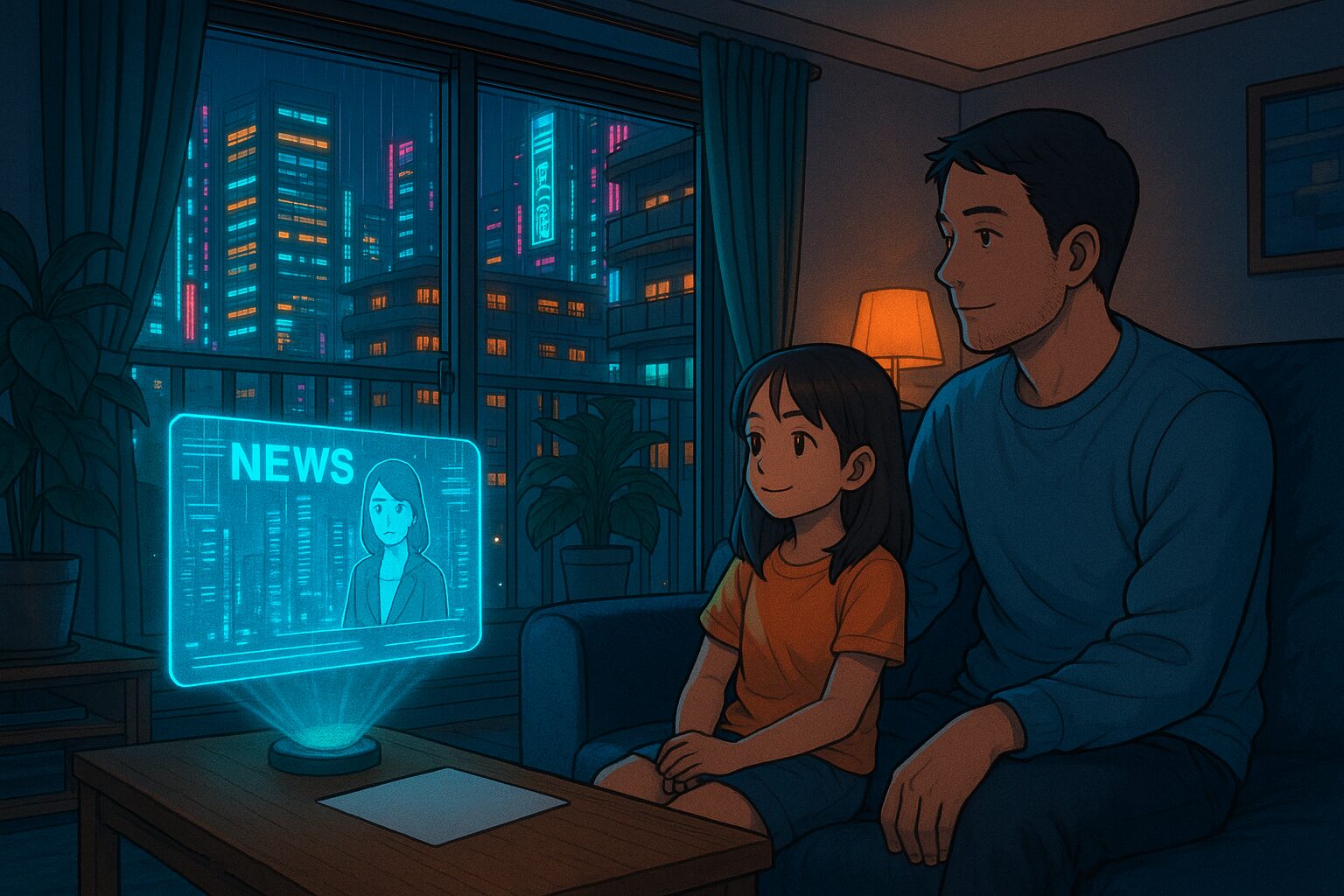Medicaid Cuts Under the Trump Administration: A $100 Million Impact on Minnesota? What Could the Future of Healthcare Look Like?
The modern healthcare system is a lifeline for many people. Particularly for low-income individuals and the elderly, Medicaid plays an important role. Recent news indicates that the proposed Medicaid cuts by the Trump administration could have an annual impact of up to $100 million on Minnesota. If this trend continues, how will our society change?
Today’s News: What Is Happening?
Summary:
- The Trump administration has proposed a bill to cut the Medicaid budget.
- Minnesota could face a loss of up to $100 million annually.
- This reduction could significantly impact healthcare provision for low-income individuals and the elderly.
Background Changes of the Times
1. Adult Perspective
Behind this issue lies the long-standing financial challenges of the American healthcare system. The movement towards government budget cuts arises from fiscal constraints and raises questions about the sustainability of healthcare provision.
2. Child Perspective
The reduction in Medicaid implies that someone in the family may not be able to receive necessary medical care. For example, worries about grandparents potentially being unable to visit the hospital could become part of everyday concerns.
3. Parent Perspective
As parents, it is essential to pay attention to government actions to maintain an environment where children can live securely. Additionally, reassessing household finances to ensure necessary medical care will become an important issue.
If This Progresses, What Will the Future Hold?
Hypothesis 1 (Neutral): A Future Where Medicaid Cuts Become the Norm
If this trend continues, Medicaid cuts may become accepted as the norm, leading to similar movements in other states. Directly, this would result in a reduction of medical services, gradually making access to healthcare more difficult. Ultimately, the concept of personal responsibility for healthcare might become widespread.
Hypothesis 2 (Optimistic): A Future with Significant Development of New Healthcare Models
While Medicaid cuts progress, new healthcare models may evolve, leading to the proliferation of low-cost medical services driven by technology. The digitization of healthcare could make online consultations and AI diagnostics commonplace, potentially leading to a future where “democratization of healthcare” is achieved.
Hypothesis 3 (Pessimistic): A Future of Widening Healthcare Disparities
Medicaid cuts could result in access to healthcare becoming dependent on economic conditions, leading to widening disparities in healthcare. This direct change risks deteriorating overall public health and could ultimately institutionalize health disparities. Consequently, the belief that health is a privilege might become more prevalent.
Questions for Family Discussion (Tips for Parent-Child Dialogue)
-
- Sample Question: If healthcare becomes more expensive, what can we do to ensure everyone stays healthy?
Goal: Consideration of social participation and health management -
- Sample Question: What would you like to learn to stay healthy without going to the hospital?
Goal: Choice of actions and preventive health management -
- Sample Question: Let’s think about what we can do to ensure that everyone in the family can receive medical care without worry.
Goal: Collaborative learning and family health management -
Conclusion: Preparing for the Future to Make Choices Today
What kind of future healthcare do you hope for? Please share your thoughts in the comments or on social media. Your opinions could shape the future of healthcare.


